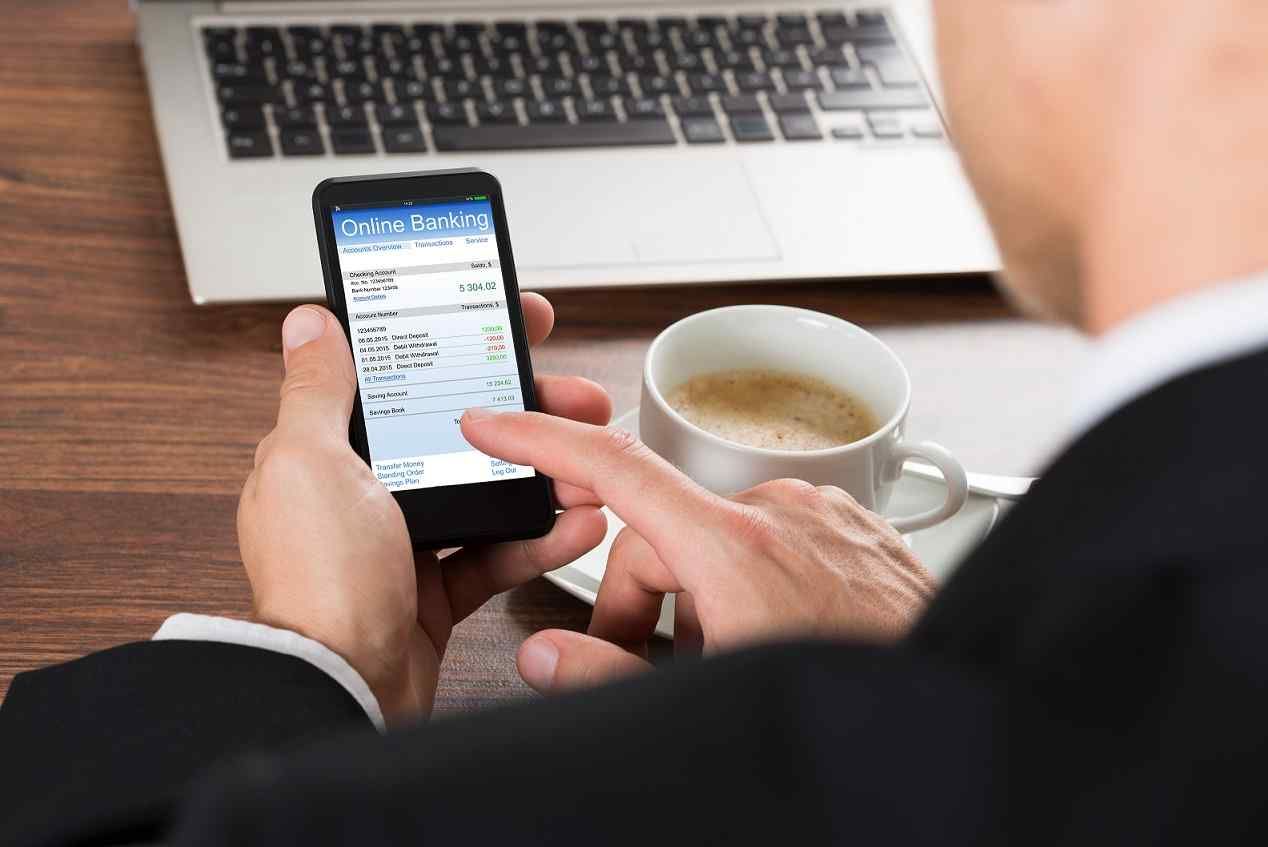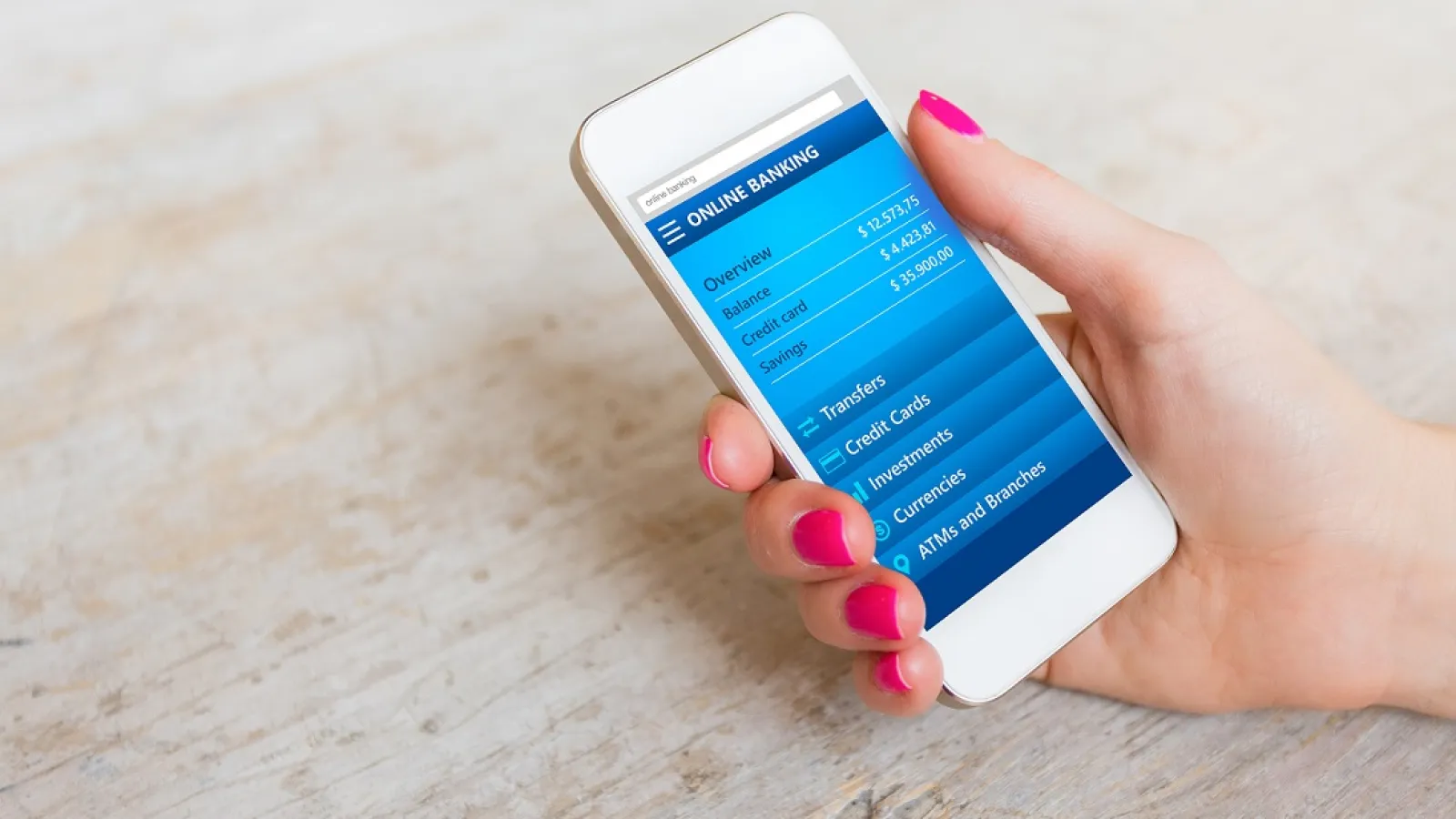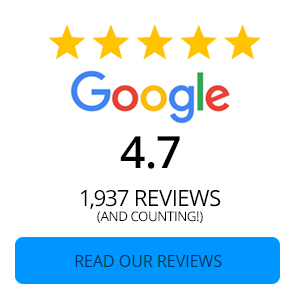Remote Deposit Anywhere or RDA, known at some financial institutions as mobile deposit, can make some people nervous. This convenient service is widely used by banks and credit unions all over the country and it's making it easier to do your banking while on the go.
It's always important to know where your money is and know that it's safe, and it's possible to do all this, including depositing checks into your accounts, remotely with just a cell phone or tablet. With this in mind, however, it's imperative that you take some certain safety precautions to protect your identity and your account information when performing these mobile banking tasks.
Familiarize Yourself with Credit Union Policy
Before depositing your check into your account via RDA or mobile deposit, be sure that you're familiar with the credit union's policy on mobile deposits. You need to know how soon your funds will be available, if there is a limit to how much you can deposit each month, and whether there is a cutoff time for deposit processing.
Keep Your Check for a While
Until you're sure the transaction went through successfully, hang onto the physical check and keep it in a secure place. Some banks and credit unions request that you keep it for up to 14 days. Just write "mobile deposit" and the date on the front of the check so you don't try to deposit it again. When the transaction is successful, be sure to shred the physical check.

Don't Access It from Unsecured Networks
In a world where every establishment seems to have Wi-Fi, it's easy to access wireless networks from anywhere, often unsecured networks where your information isn't guaranteed to be safe. Make sure that you don't access your credit union account or app while connected via an unsecured network. You never know who will be seeing your information this way.
Keep Your Bank on Alert
Make sure your bank or credit union knows when you've lost or had your debit and credit cards stolen. If you use a banking app and your card hasn't been reported lost or stolen, the financial institution won't know to be monitoring your mobile banking activity. Letting them know that you don't have your card for whatever reason will put them on alert for any suspicious activity.
Enable Your Screen Lock
Last, but not least, make sure you have your screen lock enabled. You don't want to have your mobile banking app open without the screen locked and have information get into the wrong hands. Make sure that if you set your phone down, the screen is locked with a secure pin number or password to unlock it. Avoid using your birthday or anniversary for your pin and opt for random number sequences for optimum security.
Mobile banking is an extremely convenient and relatively new technology that's making it easier every day for people like you to control their money and know where things are at any given moment. With this great technology, however, it's important to know how to safeguard your sensitive account information so it's not seen by the wrong eyes or gets into the wrong hands. The above precautions will go a long way to help you do that.

